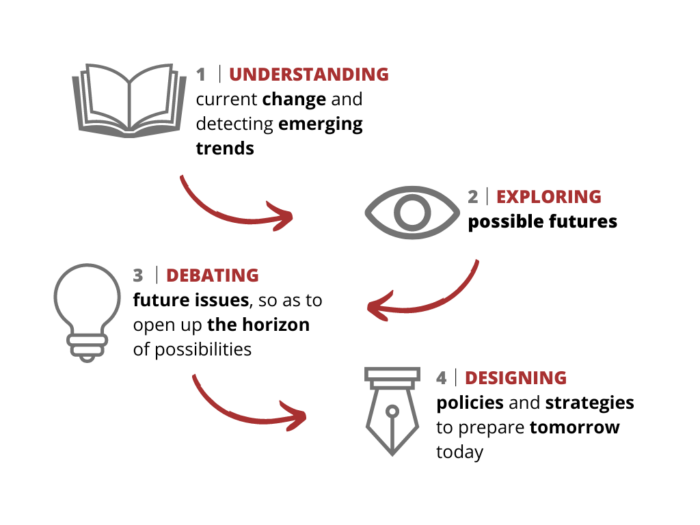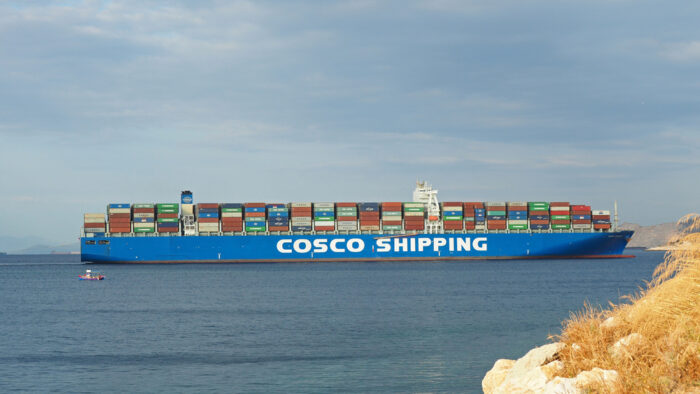In early summer of this year, Ségolène Royal, the French Minister of Ecology, Sustainable Development and Energy, delivered a broad outline of her energy transition bill, opening the question up to consultation before the parliamentary debate that is expected to take place in the autumn. Among the initiatives included in the bill is “the development of clean transport to improve air quality and safeguard the health of French people”. The main measures here relate to the increased use of lower-emission vehicles (electric cars with a dedicated infrastructure) and public transport. The development of bicycle use is mentioned briefly among the local initiatives to be promoted, chiefly with regard to the major urban centres.
Yet, as Frédéric Héran, drawing on a range of experience in other countries, shows here, the potential of utility cycling (as opposed to leisure cycling) is far from negligible in France. Cycles could easily replace other modes of transport for a great many trips that are made, and not just in cities. The development of cycle usage, which harmonizes entirely with current energy and ecological demands, does, however, require the implementation of a genuine “cycle system” (bicycle lanes, dedicated services etc.) that is capable of creating new local dynamics. Héran outlines the prospects for such a “cycle system” and its possible role in adapting towns and cities to the goal of eco-mobility.



